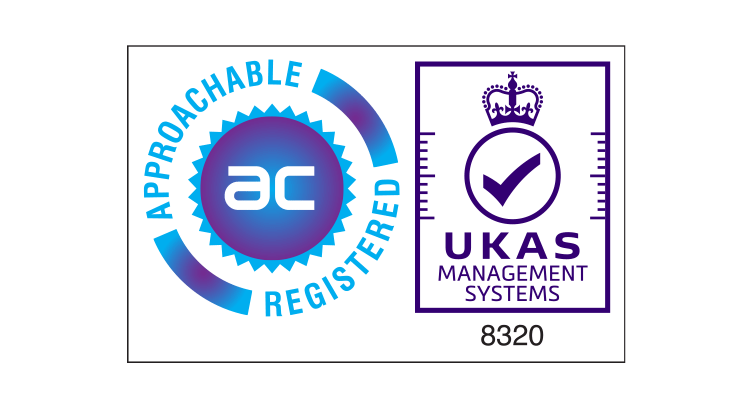Field Service Management Best Practises
Looking to learn more about field service management best practices? We hear you! With 80% of customers willing to pay more for better service experiences, enhancing operations is vital these days. This is especially true if you want to stay ahead of the competition.
However, learning field service best practices and applying them are two very different things. In this blog, I will demystify three best practices you should consider when enhancing and levelling up your service operations. Take a deep breath, we’re diving deep.
What is Field Service Management?
Field service management is a system enabling you to coordinate all aspects of field service operations. At its most basic level, field service management involves:
- Scheduling service requests
- Dispatching customer service teams to tasks
- Tracking the status of work
- Planning employee hours and shift patterns
- Billing and invoicing
- Customer and engineer communications
- Data access and sharing
Field service management software enables this to go much further. In the modern world, cloud-driven field service management software facilitates all aspects of service delivery. Mobile apps can manage the field workers and the processes that make your field service business possible from end to end.
Field Service Customer Experience
From the perspective of your customers, the field services they experience make up the face of your organisation. In their world, those one-on-one interactions are often the only experience they may have with your company. Whether it is completing an installation, routine inspection, or fixing a problem, the services received directly influence how they view your organisation.
In this context, the job must be done quickly and to a high standard to meet your customers’ needs and respect their time. This can be difficult to do under the best of circumstances, and it is nearly impossible to accomplish unless you are prepared. So, what field service management best practices should you adopt to make your operations more resilient and efficient?
Best Practice: Improving The First-Time Fix Rate (FTFR)
We all want things to run smoothly. But when hiccups happen, you, just like your customers, want a quick, seamless fix. They desire control over scheduling and a transparent view of the upcoming field service visit. They dislike wasted time. Above all, they anticipate technicians arriving equipped and ready to resolve the issue in one go.
Solution: First-Time Fix-Rate
Ensuring the job is done right the first time hinges on field service teams perfectly matched to the task. Here’s how you can nail this:
Crafting this impeccable service journey requires a blend of comprehensive data, responsive tools, and a keen understanding of both technician capabilities and customer expectations.
Best Practice: Anticipate and Address Issues Before They Surface
The hallmark of exceptional customer service is preventing problems before the client realises them. Regularly scheduled preventive maintenance is a proven strategy for assuring consistent system uptime. Leveraging the power of IoT and advanced technologies allows you to monitor customer systems diligently.
This proactive approach lets you dispatch a field service engineer immediately upon spotting a potential hiccup. And on rare occasions where prevention isn’t possible, early alerts to customers avoid unexpected setbacks and solidify their trust in your service.
Solution: Master the art of pre-empting issues
Crafting a customer experience where issues are nipped in the bud requires a combination of technology, foresight, and proactive communication.
Best Practice: Boost Technician Efficiency to Honor Service-Level Agreements
Adhering to service level agreements (SLAs) isn’t just a formality—it’s pivotal to building customer trust and avoiding service sanctions. As the industry gravitates towards outcome-driven service models, the onus to optimise technician performance and efficiency is gaining importance. Achieving this ensures a smooth delivery of all service commitments.
Solution: Supercharge technician productivity.
Why this solution?
You can learn more about Employee Safety here.
By integrating these capabilities, you set your technicians—and by extension, your organisation—up for success, ensuring that SLAs are met, and customer relationships continue to thrive.
Conclusion
The transition from traditional phone calls to digitally enhanced interactions has been a game-changer in the field service industry. As you’ve seen throughout this deep dive, proactive steps in field service work not only increase customer engagement but also deliver superior service quality. The power to enhance operations, foresee challenges, and swiftly address them speaks volumes about your organisation’s commitment to excellence.
Data is the new oil. Using it effectively ensures that every touchpoint not only serves a purpose but also improves customer satisfaction. In an industry that thrives on trust, any strategy that enhances customer satisfaction isn’t just a best practice—it’s the backbone of future success. Read to learn more? Check out our full suite of field service management blogs.
















